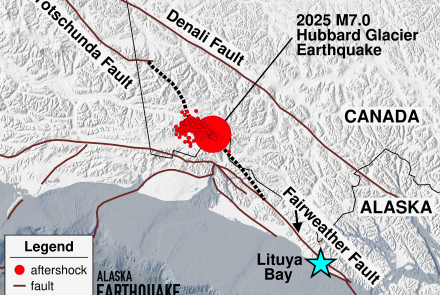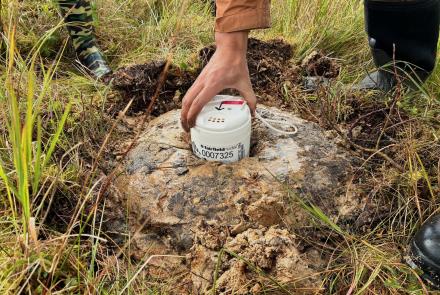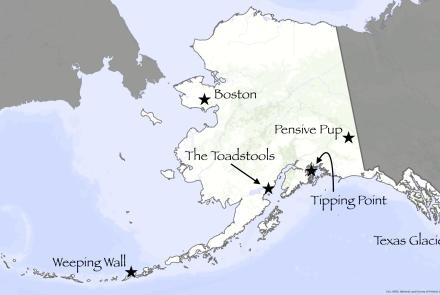Alaska Science Policy?
Ever since statehood was achieved in 1959, Alaska has mostly relied upon the federal government for the basic technical information needed to manage the affairs of the state.
If a dam, a pipeline or a windmill installation were to be built, the results of federally funded science provided the needed information on stream flow, environmental constraints or average wind speed. Most probably it was a federal project anyway, so, clearly, it was a federal responsibility. The federal government also has had the responsibility to avoid undue environmental impact of any of its projects, so, all in all, the scheme could be said to have worked out reasonably satisfactorily. Of course not everyone has always agreed. Some have argued that there has been too little concern for social and cultural impacts, and that the locals may have suffered unduly as a result.
Now the game seems to be changing. Alaska is originating more of its own projects, and the federal government is allocating less money to the acquisition of information. At the same time, the federal government seems to be moving full speed ahead with efforts to extract nonrenewable resources from Alaska. These trends present Alaska with new problems:
Will the state be able to avoid costly mistakes in its own projects by relying on technical information provided primarily by federally funded research?
In the future, will the state be able to protect its own interests related to resource extraction through heavy reliance upon federally provided information?
How should the state respond to increasing pressure to pick up the costs of projects being dropped by the federal government?
What will be the impact upon Alaska of the apparent federal trend toward relaxation of environmental regulations, coupled with greater federal emphasis upon speeding up extractions of Alaskan onshore and offshore resources?
With impending federal cutbacks in people-oriented research and programs, how will Alaska's people fare, especially those in rapid cultural transition?
To what extent should Alaska pay for obtaining basic information on technical matters relevant to Alaska but with little relevance to other parts of the United States, problems involving permafrost, management of caribou and reindeer herds, sea ice and the like?
The answers to these questions and others like them relate to the issue of the need to develop a state science policy. To ignore the questions is in a sense a policy, but such a do-nothing policy is unlikely to serve Alaska well.
Fortunately, a number of responsible persons in the legislative and executive branches of Alaskan state government have decided to move toward development of an articulated state science policy. You will be hearing much more about the matter in the months ahead.




